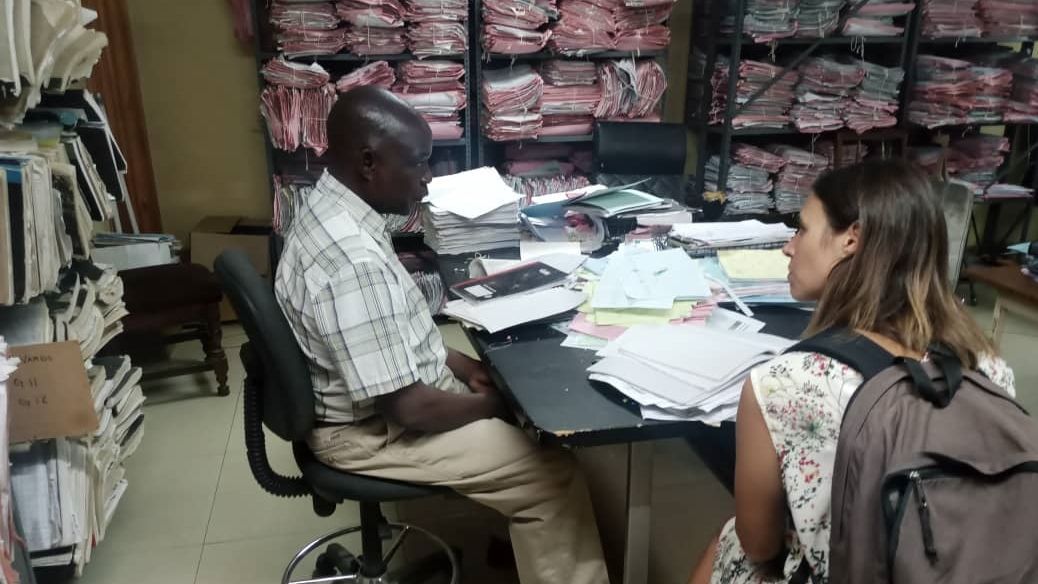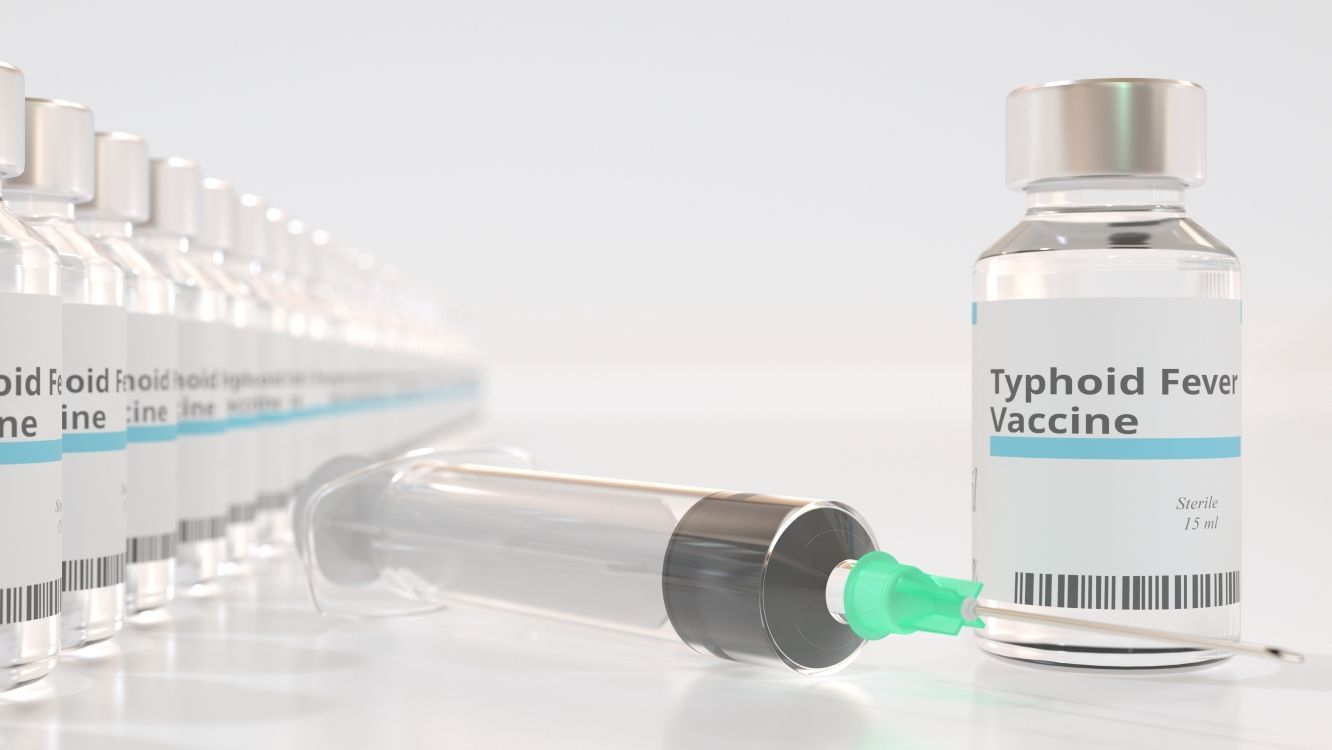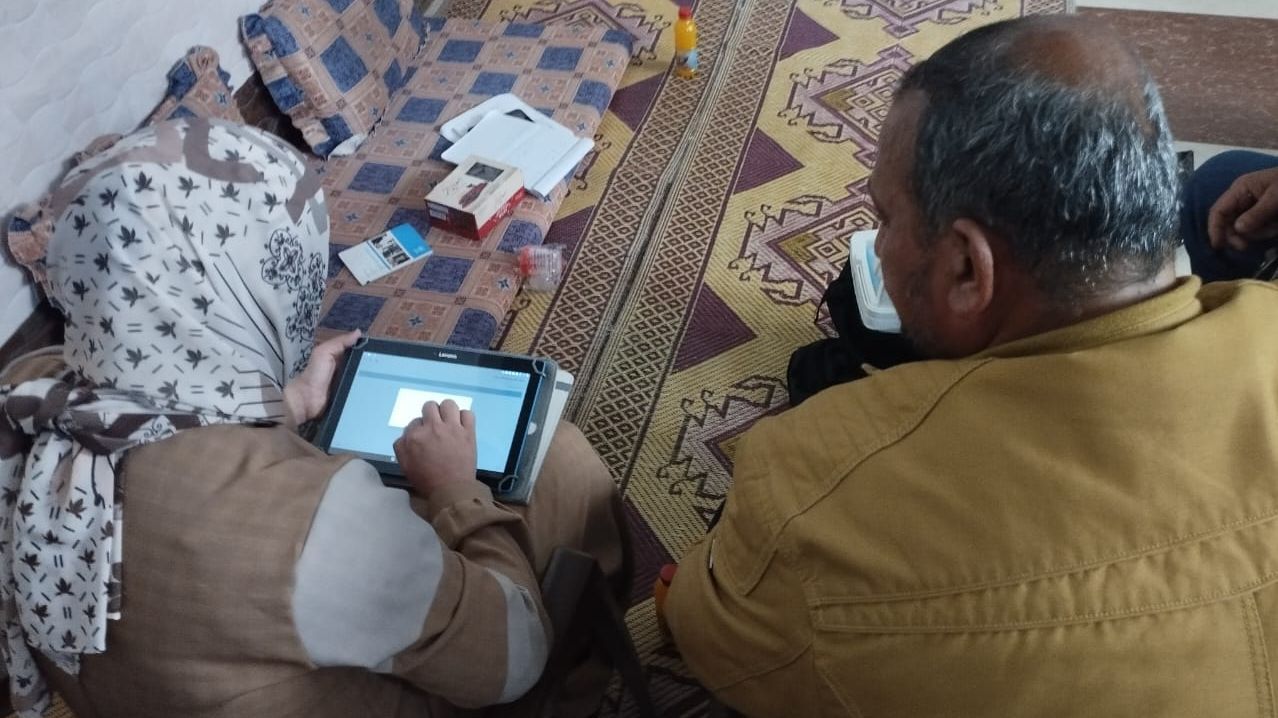Urban Public Health
As the world becomes increasingly urbanised, addressing health needs and health inequities in urban and peri-urban populations is vital. Urban Public Health (UPH) is a multidisciplinary field aiming to create healthier, more sustainable and equitable urban environments. The primary focus of the UPH Unit is to conduct inter- and transdisciplinary research aimed at promoting sustainable development in urban contexts, both in Switzerland and internationally. The unit also conducts research in rural areas, as those are deeply connected to cities by providing essential resources such as agricultural produce and natural resources.
Independent of the context, we approach health holistically, integrating aspects such as social and environmental determinants of health, population mobility, relational well-being, mental health, non-communicable diseases and infectious diseases.
Solution- and impact-oriented research
The UPH Unit conducts translational and engaged research specifically focused on the health challenges and opportunities associated with urban and peri-urban environments. Several of our ongoing international projects aim to integrate public health into urban planning, civil engineering and architectural design by, for example, using Health Impact Assessment (HIA) as a central approach. In a more local context, we are part of a new initiative in the city of Basel that will assess the specific needs and preferred mental health treatments for people with refugee status. Another key interest of the unit is to investigate the health co-benefits of promoting sustainable cities and communities through mixed-methods intervention studies, big data analysis and modelling.
Whenever possible, the UPH Unit aims to promote collaboration between public health professionals, epidemiologists, clinicians, urban planners, architects, engineers, policy-makers and, last but not least, community members throughout the project implementation cycle. Overall, the Urban Public Health Unit is part of the evolving discipline of Sustainability Science, seeking to provide data, stakeholder perspectives and evidence-based support for projects and policies, thereby contributing to positive social change.
Key Projects

Hygiene, Water and Sanitation
Current technologies and approaches to improve water, sanitation and hygiene are fragmented. The Hands4health project focuses on the development, testing, evaluation and scale-up of new water-efficient hand washing technologies and a holistic approach to hand hygiene, water quality and sanitation. To leave no one behind, the project works in primary health care facilities and schools not connected to a functional water supply system in four target countries and beyond. Read more

Young People's Urban Health
The Young Gamechangers Initiative aims to improve young people’s urban health and well-being through active digital engagement in urban governance and inclusive public space design. Supported by Fondation Botnar, the project is being implemented in three pilot cities, in partnership with UN-Habitat, the World Health Organization (WHO) and the Block by Block Foundation. Swiss TPH supports WHO in developing normative guidance and tools to enhance young people's capacity to understand and assess the impact of public spaces on health and well-being.

Suicidality in Zambia
Suicide is the fourth leading cause of death among 15-29-year-olds globally, with 700,000 deaths in 2021. Three-quarters of suicides occur in low- and middle-income countries, where data is often lacking, especially in sub-Saharan Africa. In a recent study, Swiss TPH examined suicidal ideation and behavior among youth in Lusaka, Zambia, using both qualitative and quantitative methods to develop low-barrier, evidence-based interventions for suicide prevention.

Barriers to Mental Health Care for Socially Vulnerable Displaced People with Depression
This study examines mental health needs and barriers to care among refugees and asylum seekers in Basel-Stadt, Switzerland. Using a three-year longitudinal mixed-methods approach, researchers will collect quantitative surveys (n=300) and qualitative interviews to assess needs and trends. The findings aim to inform interventions to improve access to care and guide national efforts, while also supporting social integration and serving as a model for similar initiatives across Switzerland.

Modelling the Cost-Effectiveness of Typhoid Vaccination
Salmonella infections cause around 350,000 deaths each year, 60% from typhoid. The Full Value of Vaccines project aimed to assess the investment value of a vaccine for both typhoid and non-typhoid salmonella. Our task was to estimate the cost-effectiveness of typhoid vaccination in African countries, using dynamic models to evaluate its impact and economic models to calculate treatment and vaccination costs. Through sensitivity analysis, we identified key drivers of cost-effectiveness, including vaccine efficacy, coverage, and treatment costs.

Health Impact Assessment of Essential Services in the Gaza Strip
On behalf of the International Committee of the Red Cross (ICRC), Swiss TPH carried out a comprehensive Health Impact Assessment (HIA) of the integrated essential services – water supply, food supply, wastewater management and energy – in the Gaza Strip to understand what interventions are needed to improve public health. The HIA included extensive data collection on living conditions, health behaviours, biomarkers and environmental exposures, the results of which fed into a multi-stakeholder engagement process.


 Irene Falgas Bague
Irene Falgas Bague
 Chimuka Muleya
Chimuka Muleya
 Vitor Pessoa Colombo
Vitor Pessoa Colombo
 Mirko Winkler
Mirko Winkler
 Astrid Knoblauch
Astrid Knoblauch